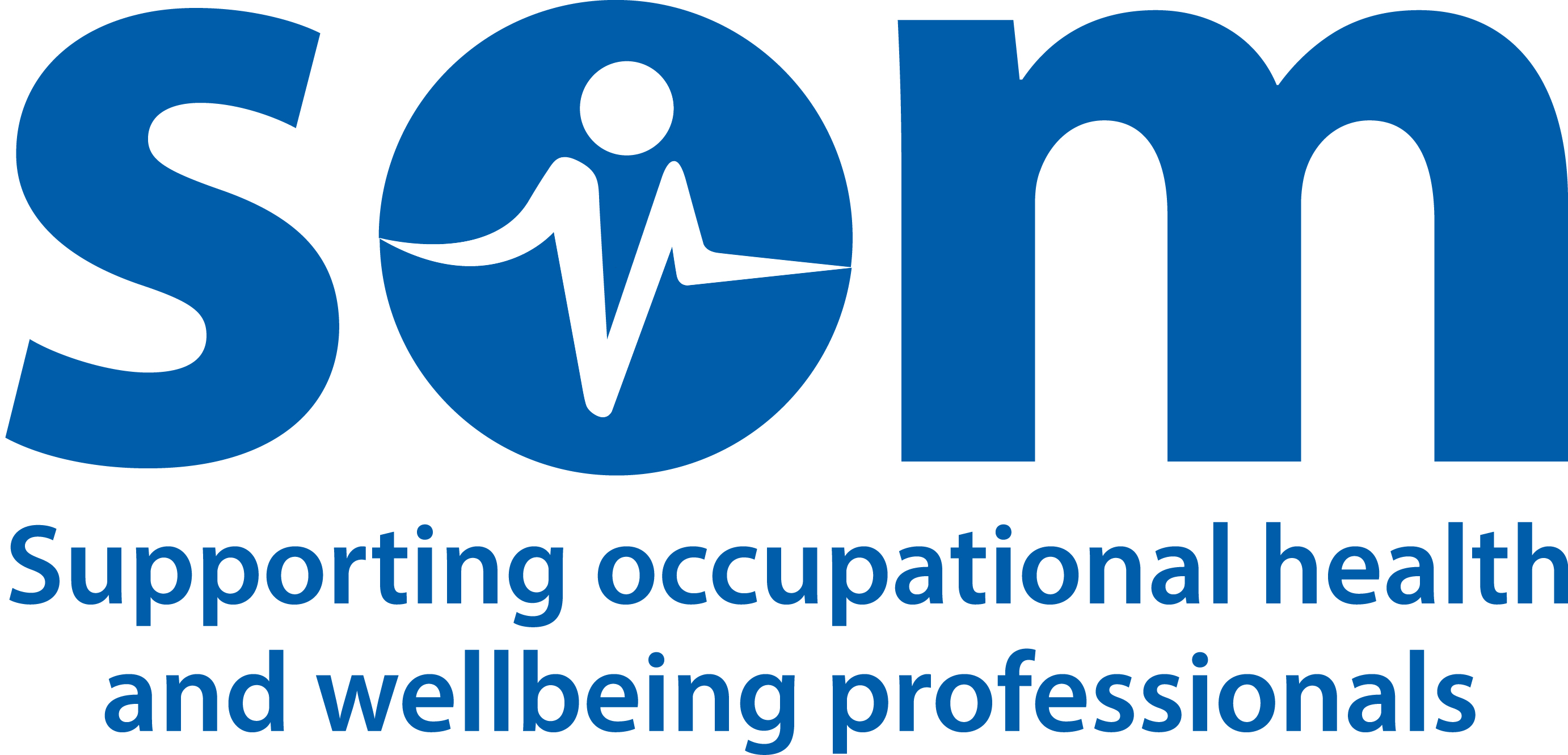
With workplace sickness absence stuck at record levels, employers need to step-change how they think about and manage employee ill health. Importantly, they need to recognise that the value of occupational health (OH) services goes far beyond simply supporting employees who are unwell.
The call from SOM has come as research from the HR body, the Chartered Institute of Personnel and Development (CIPD), has shown that the average UK worker took nearly two full working weeks of sick leave in the past year, a record high, and far more than before the pandemic.
The CIPD’s 2025 Health and Wellbeing at Work report found employees last year took off on average 9.4 days a year, compared with 5.8 before the COVID pandemic in 2019 and even the 7.8 days reported just two years ago.
One way employers have been responding to this startling increase - positively - is through greater investment in occupational and workplace health support, including access to OH professionals, digital GPs, virtual physiotherapy, online counselling, and health-related benefits and insurance.
In fact, the CIPD research has shown that OH services are now offered by more than two-thirds of employers (69%) - a significant uplift on the approximately half of employees estimated by the government to have such access a few years ago.
Access to OH support is more common in larger organisations (more than 250 employees). Employees in 86% of such organisations benefit from the health and work expertise that OH professionals provide.
With the government’s ‘Keep Britain Working’ review of workplace health provision, led by former John Lewis boss Sir Charlie Mayfield, expected to report this autumn, now is the time for employers to use occupational health (OH) services more effectively, SOM says.
Currently, only a minority of employers (just 31% according to the CIPD research) use OH professionals proactively to prevent ill health risks from occurring in the first place. Even fewer (29%) use the expertise of OH practitioners to develop and map out a comprehensive health and wellbeing strategy for their organisation.
This means that all too frequently employees go on sick leave and are repeatedly signed off by their GP, often on an NHS waiting list for treatment. SOM believes that a more effective approach would be for an employee whose health is deteriorating to be seen before, or very soon after, they go off sick and provided with the right support based on OH advice - so they can remain at work or return to work rapidly with their work being adjusted whilst they wait for any necessary treatment.
“Too often employees have to be absent for a defined period - often many weeks - before even being referred to occupational health,” says SOM President Professor Neil Greenberg.
“That is a missed opportunity. Waiting weeks before making a referral often means that employees’ health problems are more complex and difficult to manage when they see an occupational health professional. This can lead to undesirable outcomes such as being forced out of work or an early, medical retirement much more likely.
“The government is desperate to reduce the number of people falling out of the workplace because of ill health which is bad for the economy and adds to our rising welfare benefits bill. Most of all, it is damaging for individuals themselves no longer being productive, independent or able to support themselves or their families.
“If employees with developing health problems can be seen by occupational health professionals, experts in work and health, before they go off sick, everyone wins. A key way to do this is for occupational health teams to become strategic partners – their organisation’s health right-hand, as it were – proactively managing and preventing risk. Occupational health professionals should also work with, advise and guide organisations at board and executive level,” says Professor Greenberg.
“Between the Mayfield review, the government’s ambitious NHS reform agenda, and the need to kickstart economic growth in this country, a reimagining of workplace health is needed. UK plc cannot go on as the ‘sick man of Europe’. Embracing the health and work expertise of occupational health professionals can be the transformational step-change we need,” he adds.

